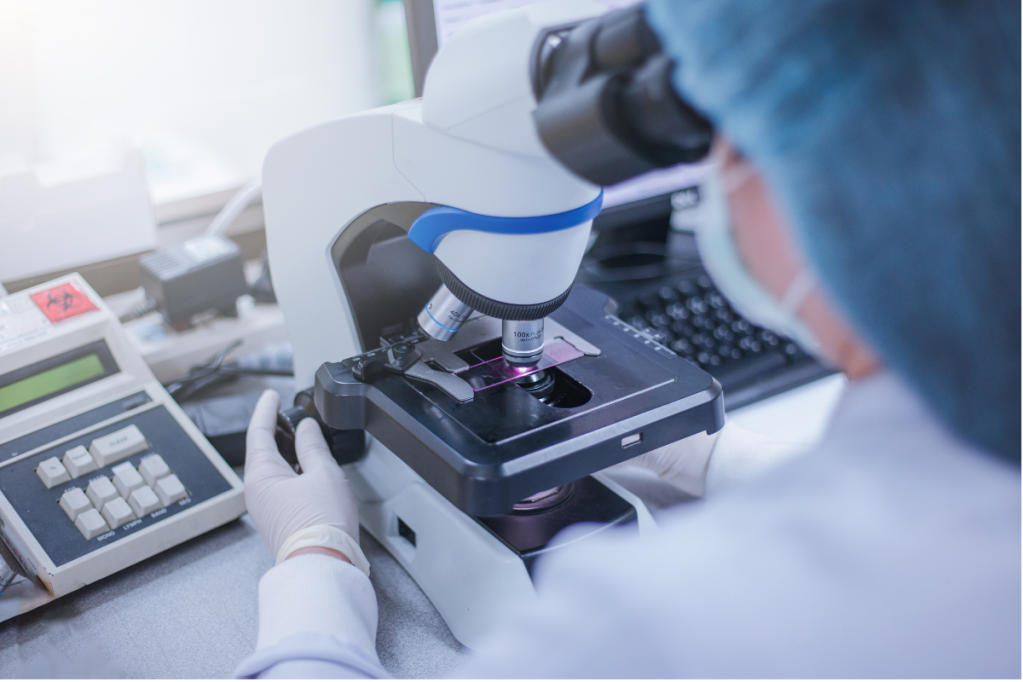
The California Institute for Regenerative Medicine (CIRM) has recently approved awarding $25 million to fund multiple projects across discovery research, clinical research, and infrastructure programs.
This funding will support 11 projects under CIRM’s Foundation Awards Program, which aims to drive rigorous studies addressing critical basic knowledge gaps in the biology of stem cells and regenerative medicine approaches and advance stem cell-based tools.
Additionally, CIRM awarded $6 million to Eugenio Cingolani, PhD, of Cedars Sinai, to support a preclinical project in the Agency’s clinical awards (CLIN 1). The project is designed to advance a noninvasive cell-derived therapy for ventricular tachycardia, a condition in which the heart rhythm is irregular.
“CIRM is dedicated to the advancement of early-stage transformative therapies for prevalent health conditions such as heart disease,” said Dr. Abla Creasey, PhD, Vice President of Therapeutics Development at CIRM.
CIRM also awarded $2.5 million to support establishing a Patient Support Program (PSP) to enhance patient access to CIRM-funded clinical trials, an essential component of CIRM’s mission and Infrastructure Program.
The discovery awards approved at CIRM’s March Independent Citizens’ Oversight Committee (ICOC) meeting include:
| Application # | Program Title | Principal Investigator/Institution | Amount |
| DISC0-15949 | Neuroimmune interactions in the developing human brain | Nowakowski, Tomasz – UCSF | $1,626,000 |
| DISC0-15737 | Village-based identification of human risk factors for viral neuropathogenesis | Wells, Michael F. – UCLA | $1,577,448 |
| DISC0-15921 | Interrogating Satellite Cell and Myofiber Defects and Repair in Human DMD using Single Nuclei/Single Cell RNA Sequencing of Muscle Resident Cells | Miceli, M. Carrie – UCLA | $1,578,000 |
| DISC0-16039 | 39 Lewy body dementia α-synuclein, and cell-specific mechanisms of neurodegeneration | Finkbeiner, Steven M. – Gladstone | $1,739,760 |
| DISC0-16122 | Mapping and modeling endothelial cell fate decisions for pulmonary arterial hypertension | Qiu, Xiaojie – Stanford | $1,540,798 |
| DISC0-15654 | 4 Modeling and understanding alveolar hypoplasia in Down syndrome using iPSCs-derived alveolar type II cells | Al Alam, Denise – Lundquist Institute | $1,524,196 |
| DISC0-15816 | Investigating the SGF29/SAGA complex in regulation of normal and cancer stem cells | Deshpande, Aniruddha – Sanford-Burnham | $1,647,600 |
| DISC0-15774 | Modeling of GATAD2B-associated neurodevelopmental disorder and NuRDopathies: Investigation of cellular & molecular anomalies altering neurodevelopment | Pierson, Tyler Mark – Cedars-Sinai | $1,318,441 |
| DISC0-15972 | Immune cloaking of human stem cell-derived insulin producing cells for curative cell therapy without immunosuppression | Digovich, Katy – Minutia, Inc. | $1,192,586 |
| DISC0-15920 | Harnessing the rejuvenating capacity of pregnancy-associated factors to restore aged stem cell function | Alperin, Marianna – UCSD | $1,539,520 |
| DISC0-15689 | Utilizing Age-Specific Adipocyte Progenitor Cells for Cell Therapy in Older Patients | Wang, Qiong Annabel – City of Hope | $1,508,997 |












